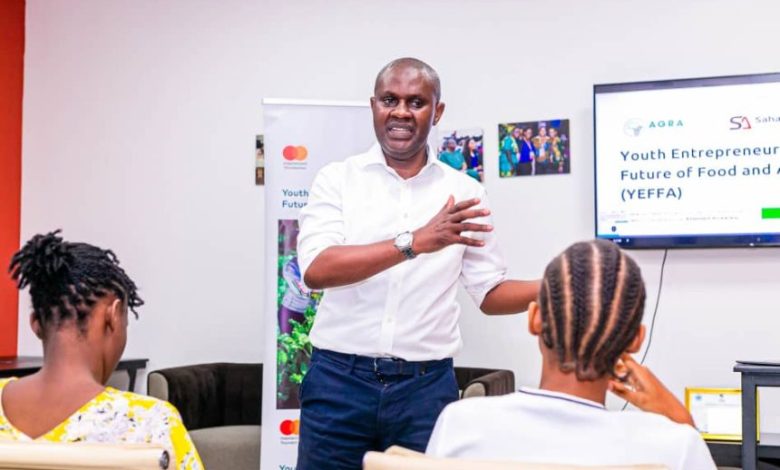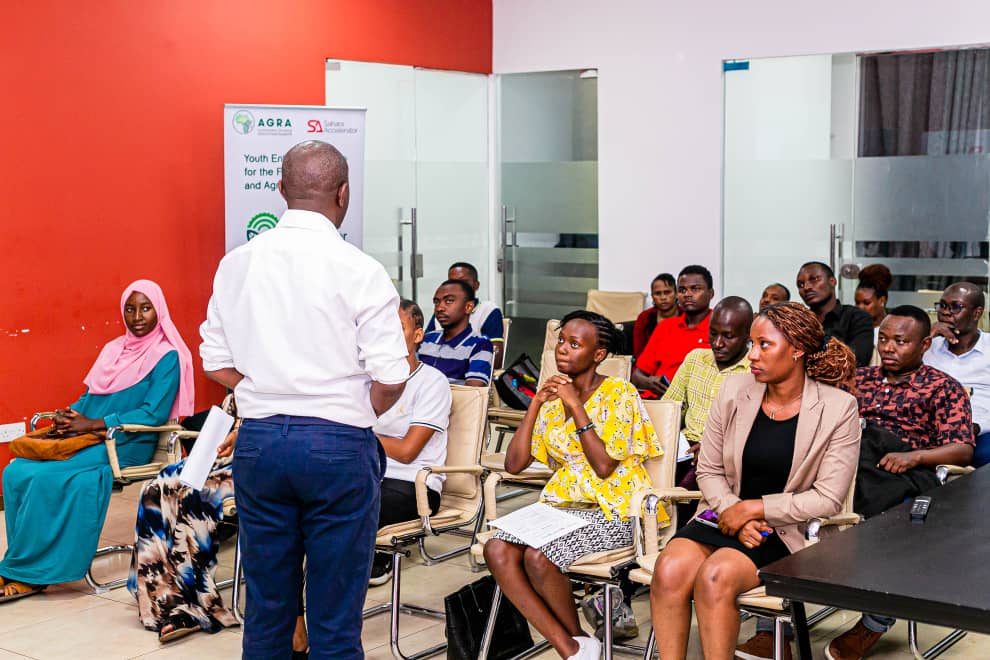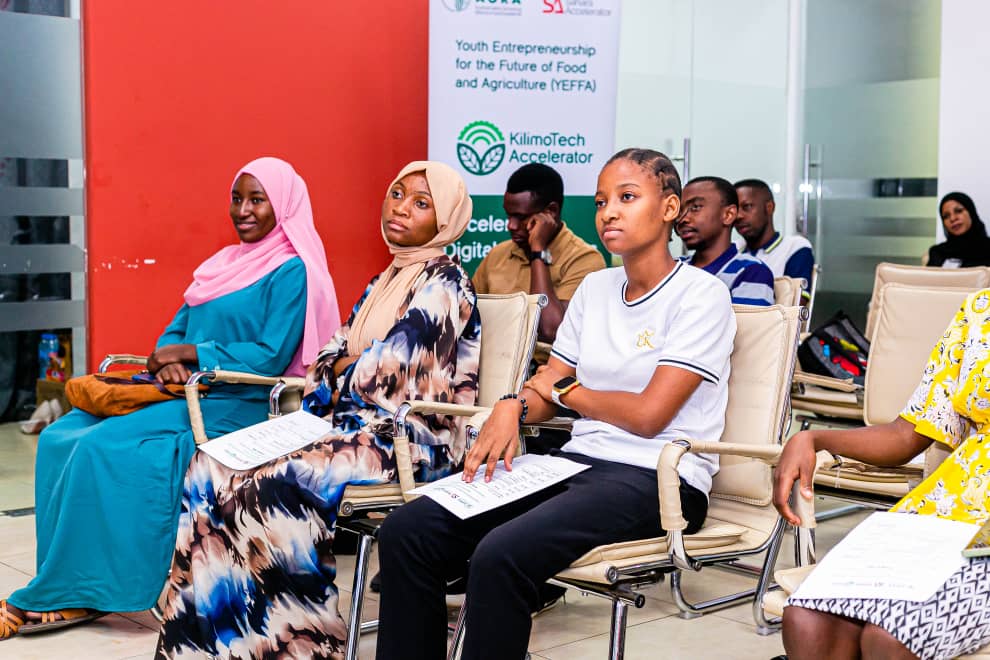AGRA injects 51bn/- to help 265,000 youths engaged in agro-economy

DAR ES SALAAM: AGRA Tanzania, in partnership with Sahara Accelerator (Sa) through the Youth Entrepreneurship for the Future of Food and Agriculture (YEFFA) project, has provided an amount of Sh 51.2bn to reach 265,000 youth who will be involved in agricultural issues.
Speaking while discussing the opportunity with youth in Dar es Salaam, Adam Mbyallu from the Sahara Accelerator Institute said the opportunity includes a value chain for four crops, which are vegetables and fruits, sunflowers, rice, and maize.

“We are ensuring how we can help access to agricultural equipment through digital technologies, we are supporting young people with various innovations that will address the challenges of access to agricultural equipment,” explained Mbyallu.
He said that through these innovations, they will provide the youth with training, mentorship, and connect them with various stakeholders, and help them go from farm to farm and sell.
He explained that the innovations they are looking for will respond to agricultural challenges such as equipment, technicians, markets, crop management, and post-harvest crop damage, challenges that agricultural stakeholders said exist.

“All these areas, such as agricultural equipment, would greatly help young people to employ themselves in agriculture. If they are going to employ themselves, we are looking at how to empower them through digital technology.”
Mbyallu said that in order to achieve the availability of these innovations, they have opened a window for registration of innovations for two months, which will close on August 18, 2025, and they will be screened to see if the innovations meet the criteria, and after that, they will support them.
ALSO READ: Tanzania, Grenada ties to boost industrial growth, youth employment
“We will support them with training, mentorship, challenges, and connect them with stakeholders who will help their innovations go to market, such as stakeholders who sell agricultural tools, agricultural tool technicians, agricultural tool manufacturers, financial institutions, and other stakeholders,” he stressed.
He added, “The innovations will go to four crops, distributed in the regions. There are projects based on regional crops, for example, Morogoro focuses on vegetables and sunflowers, Mbeya has vegetables and rice, Njombe has vegetables and maize, and Singida has sunflowers. Each region has been given a type of crop. We are going everywhere.”





